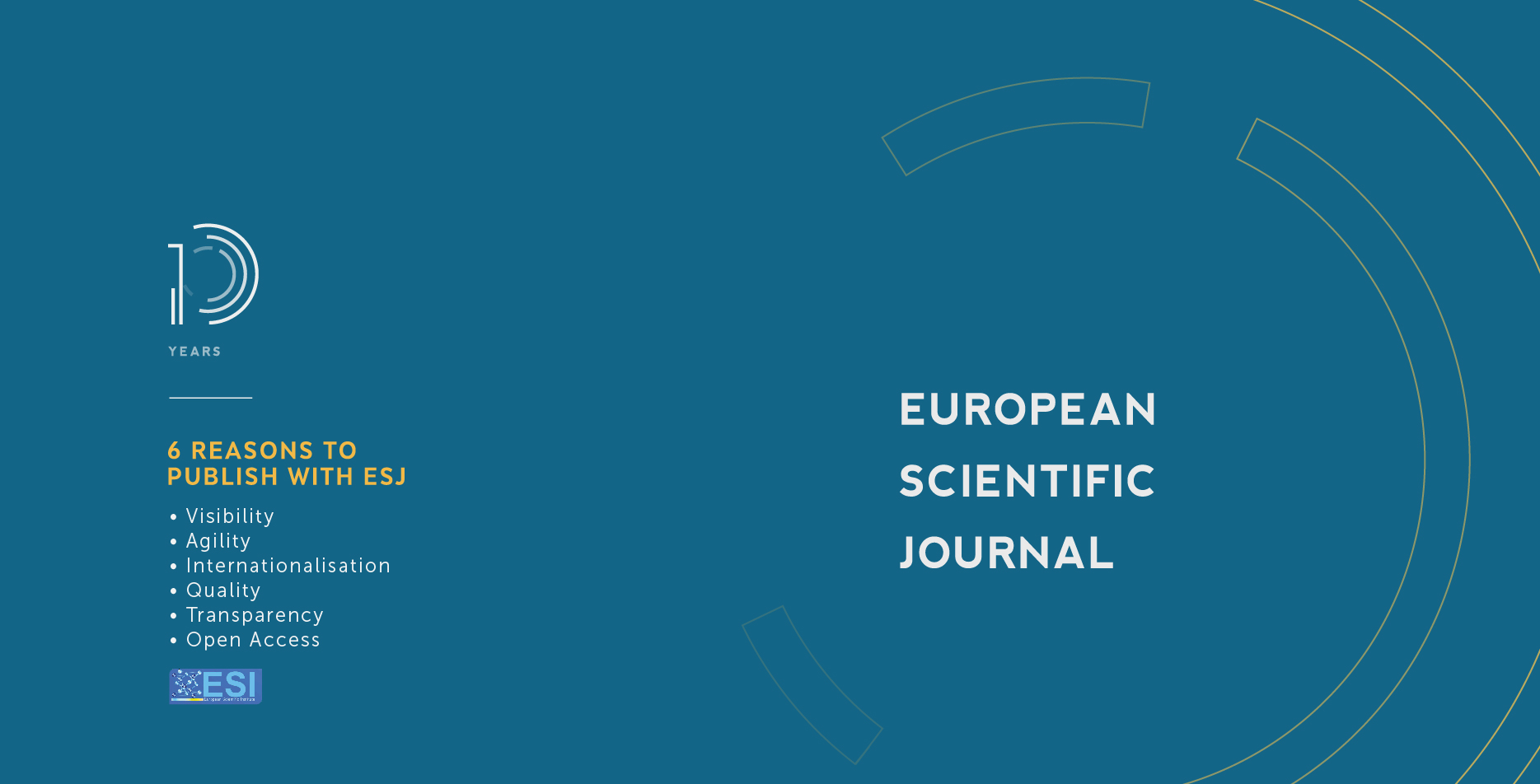Effect of Credit Risk on Shareholders’ Wealth of Listed Commercial Banks in Kenya
Abstract
The financial manager’s mandate is to maximize shareholders’ wealth by investing in projects with positive cash flows. Credit risk is the potential loss incurred by a company when counterparties default in their financial obligations. This leads to cash out flow, which in turn affects shareholders’ wealth. To achieve higher returns, financial managers must take more risk. This paper focuses on determining the effect of credit risk on shareholders’ wealth of listed commercial banks in Kenya. Secondary data was collected from the annual financial statements of 11 listed commercial banks and the corporation credit ratings publications for the period 2014 to 2018. Through quantitative research design, panel data was analyzed using multiple linear regression model. The study found that capital adequacy had a significant positive effect on shareholders wealth. Non-performing loans, credit liquidity, loan loss provision, and credit ratings had an insignificant effect on shareholders wealth. Based on F statistic results, credit risk had a significant negative effect on shareholders wealth. The study recommends that financial managers should retain more capital based on the risk weighted assets which acts as a buffer if the bank incurs losses arising from credit risk. Commercial banks in Kenya should also fully adopt the Basel III Accord requirements so as to maximize the wealth of the shareholders.
Downloads
PlumX Statistics
Copyright (c) 2020 Kinyamasyo Abigail Kathini, Opuodho Gordon Ochere

This work is licensed under a Creative Commons Attribution-NonCommercial-NoDerivatives 4.0 International License.








